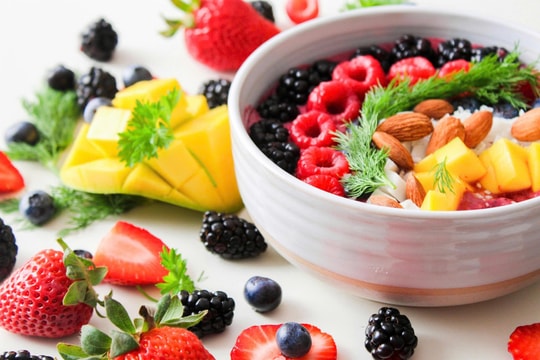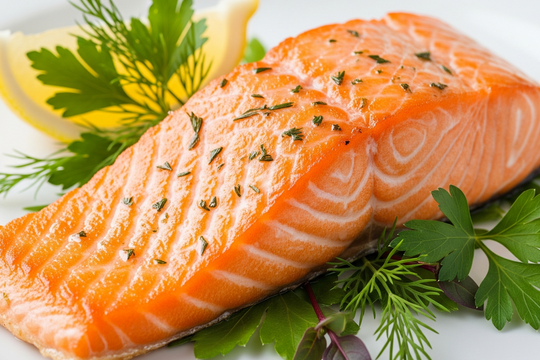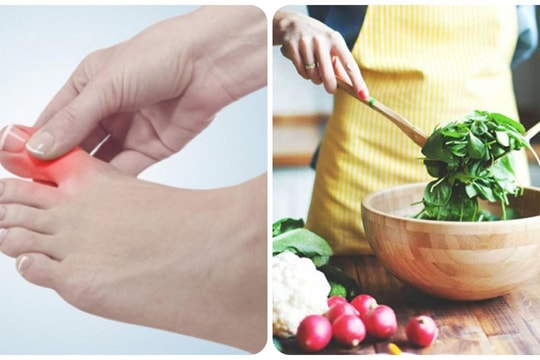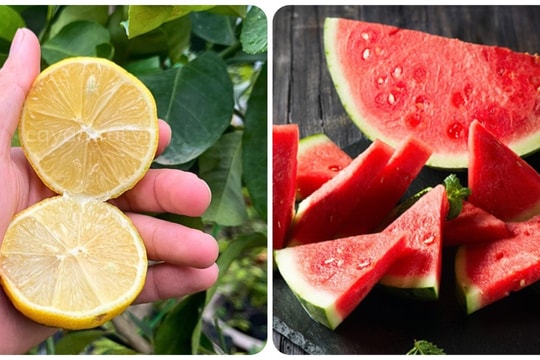Essential nutrients to prevent gray hair
Gray hair can be the result of nutritional deficiencies such as vitamin B12 and B9 deficiencies. However, it is also a result of the natural aging process as you get older.
You are 10-20% more likely to get gray hair every 10 years after age 30. Nutrition can help prevent premature graying, but if your hair is changing color as a result of the natural aging process, no diet can keep you gray-free.
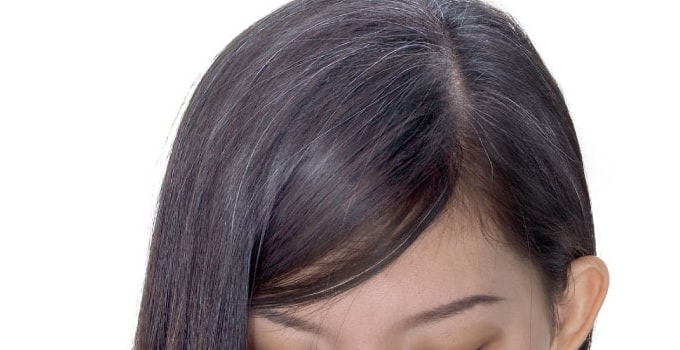 |
Vitamin B12
Vitamin B12 deficiency, also known as pernicious anemia, is associated with premature aging. Vitamin B12 helps keep your nervous system healthy and aids in the production of DNA and RNA, and works with folic acid, vitamin B9, to produce red blood cells.
The recommended dietary allowance is 2.4 micrograms for most adults, and 2.6 and 2.8 micrograms for pregnant and breastfeeding women. As you age, your ability to absorb vitamin B12 from food decreases, so after the age of 50, you should make sure you eat plenty of foods rich in vitamin B12. Cereals are often fortified with vitamin B12. Eggs, liver, kidney, fish and shellfish are good sources of vitamin B12.
Vitamin B9
A deficiency in vitamin B9 can lead to premature graying. Like vitamin B12, folic acid helps the body produce DNA and RNA and is necessary for red blood cell production. It is also important for the production of methionine, an amino acid important for hair color.
The recommended intake of folic acid is 400 micrograms for adults, up to 600 micrograms for pregnant women and 500 micrograms for breastfeeding women. Foods rich in folate, the natural form of folic acid, include spinach, kale, lentils, green beans, lima beans, asparagus, and pasta, and breakfast cereals are often enriched with folic acid.
Copper and iron
A copper or iron deficiency can increase the chance of premature aging. Copper is needed for the function of several essential enzymes in the body, and iron is needed for the production of red blood cells. The recommendation for copper is 900 to 1,300 micrograms per day for women, and 900 micrograms per day for men.
The recommended daily intake of iron is 8mg for adults over 50 and 18mg for women under 50. Foods rich in copper include liver, oysters, clams, cashews, hazelnuts, almonds and lentils. Foods rich in iron include beef, spinach and lentils.
Apart from nutritional deficiencies, lack of certain essential vitamins or minerals for hair, genetics and hormones can play a big role in your hair color change, premature graying may be inevitable if your parents also had gray hair at a young age.
In addition, the mental factor plays an extremely important role, it is not surprising if you have a lot of gray hair after continuous stress and lack of sleep, insomnia. A healthy body with a comfortable spirit will certainly help you slow down the process of hair color changing from black to white.
According to SK&DS
| RELATED NEWS |
|---|

.jpg)
